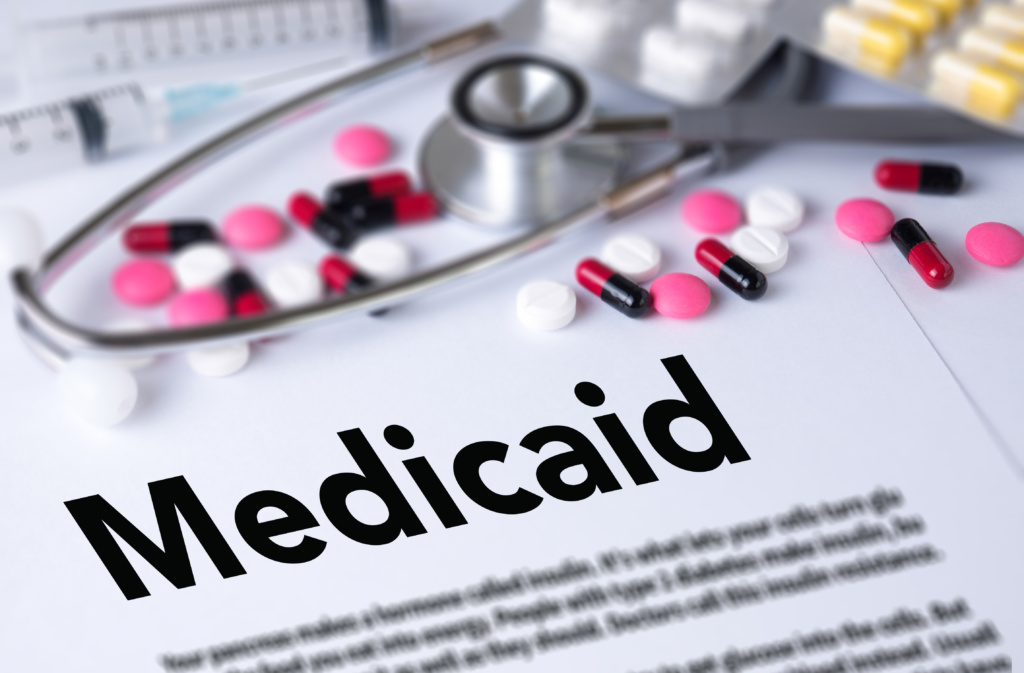Being told you have cancer is overwhelming, and so is undergoing treatment. For Lonnie Evans, it was hard to focus on getting better when he could no longer work, and was stressed about recent denials for disabilities benefits and public health insurance.
 When Lonnie Evans was diagnosed with cancer in 2007, all he and his wife Edith wanted to focus on was fighting the disease.
When Lonnie Evans was diagnosed with cancer in 2007, all he and his wife Edith wanted to focus on was fighting the disease.
The first stages of treatment, chemotherapy and radiation, went better than expected for the 62 year-old.
“Then he had the operation,” Edith says. “And everything that could go wrong went wrong.”
Lonnie spent three weeks in the intensive care unit. By then, Lonnie had been out of work for more than three months and the couple’s limited savings had already been depleted. In addition to supporting Lonnie as he battled the cancer, suddenly Edith needed to make sure they had enough money to get by.
Edith’s modest pension wasn’t nearly enough, and the extra money she made from babysitting couldn’t make up for Lonnie’s lost income. Edith applied for food stamps for her family and public health insurance for Lonnie. The couple also filed an application for Social Security disability benefits for Lonnie.
Their applications were all denied. Edith and Lonnie had no idea why.
Laura Neely, the social worker at the University of Arizona Family Medicine clinic, referred them to the clinic’s medical-legal partnership attorneys. Anne Ryan and Suzanne Teeple helped Lonnie appeal and obtain Social Security disability benefits and step by step, they showed Edith how to become her own advocate.
Within weeks, Edith and Lonnie had health insurance under Arizona’s version of the Medicaid program. Additionally, they began receiving over $100 a month for groceries.
While Lonnie was in intensive care, he and his wife faced important decisions about the course of his treatment. Anne helped Lonnie understand and complete advance directives including a medical power of attorney, giving Edith the authority to speak for Lonnie if he became unable to do so himself.
“If it wasn’t for the program, there would have been a couple times where I would have given up,” Edith says. “But with the help of the program I learned a lot. I learned to be my own advocate and to know what I can do and how to go about it.”
